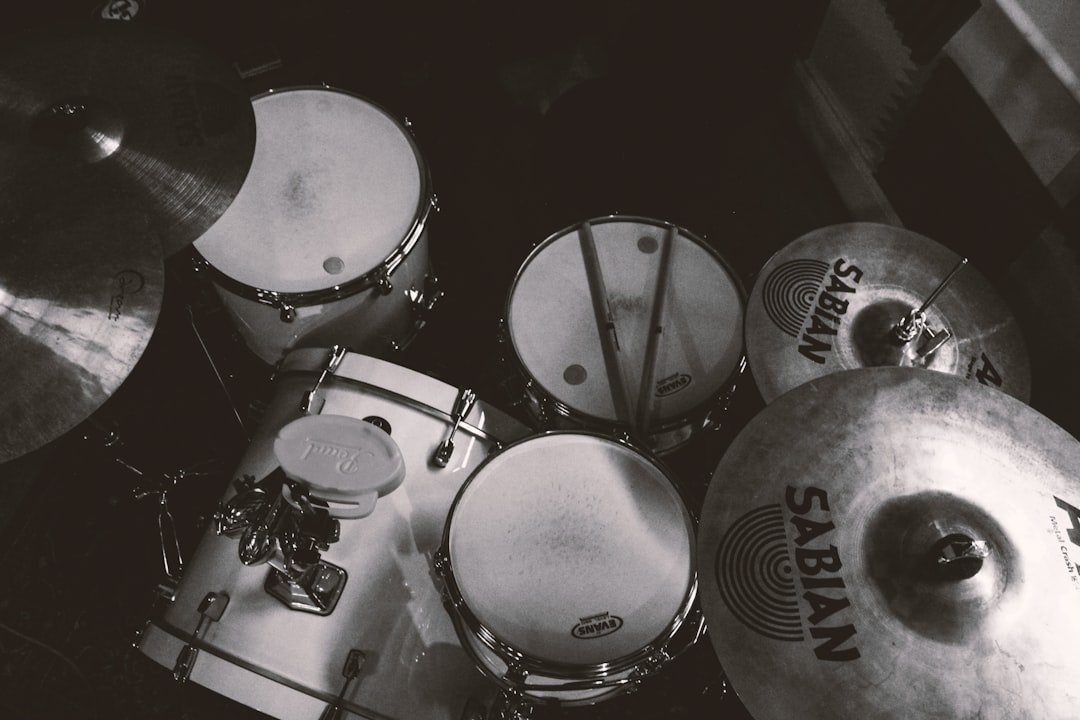
In the midst of our fast-paced modern lifestyles, stress and tension often build up, making it essential to find effective ways to unwind and recharge. Engaging with music offers tangible advantages for our physical, mental, and emotional well-being. For instance, in high-pressure urban environments like Singapore, many individuals opt for piano lessons as a means to explore music’s therapeutic potential and alleviate daily pressures.
Various musical styles can influence our cognitive processes, physiological responses, and emotional states in unique ways, even playing a role in therapeutic practices aimed at addressing diverse challenges. By altering brain activity and hormone production, music directly shapes our overall disposition and sense of calm.
This piece delves into the reasons behind music’s prowess in promoting mental and physical tranquility, drawing from established research and everyday experiences.
What’s the Science Behind Music and Relaxation?
Music forms a profound connection with our emotions and psyche, driven by underlying biological mechanisms that enhance its impact. It influences neural patterns, which in turn regulate heart rate and the release of key bodily chemicals, fostering a range of effects on our health.
Depending on the tempo and genre, music can shift brain activity to evoke different responses; for example, lively rhythms might sharpen alertness and concentration, while upbeat tunes instill a sense of optimism. In contrast, gentler melodies promote serenity, easing stress and encouraging a relaxed state. Experts at sites like Brainwave-Music.com emphasize that certain brain waves, particularly alpha waves, are crucial for achieving deep relaxation, as supported by numerous studies on neural responses.
Specialized compositions, known as brainwave music, are designed specifically to induce alpha waves, which operate at frequencies of 8-14 Hz and align with music around 60 beats per minute. Research indicates that these waves not only aid in relaxation but also boost cognitive functions like focus and memory, while triggering the production of serotonin—a neurotransmitter that regulates mood, reduces anxiety, and fosters a positive mindset. Background information from neuroscience shows that serotonin levels are linked to overall emotional resilience, making this effect particularly valuable in stress management.
What are the Best Kinds of Music to Relax?
Beyond brainwave-specific tracks, a wide array of popular music genres excel at fostering relaxation, with traditional instrumentation proving especially potent for mitigating stress and anxiety. Pieces featuring strings, wind instruments such as flutes and horns, and rhythmic percussion can optimize brain wave patterns, leading to enhanced serotonin release and a steadier heartbeat, as evidenced by psychological studies on sound therapy.
Natural ambient sounds, like rainfall or whale calls, often integrated into meditation tracks, further enhance this calming effect by evoking a sense of peace and connection to the environment. Ultimately, the most effective music hinges on individual tastes, as personal associations play a significant role in emotional responses. Data from surveys indicate that subjective preferences can vary widely, highlighting the importance of experimentation.
Everyone’s neurological makeup differs, so what soothes one person might not work for another; thus, testing various options is key to discovering what truly helps. It’s worth noting that some music could inadvertently heighten agitation or stress, so selecting the right type is crucial—perhaps starting with emotional release through more intense sounds before transitioning to calming ones. For a more immersive experience, using headphones or compact sound systems can deepen the relaxation process, drawing from audio technology advancements that improve sound quality and focus.
Beyond pure musical elements, a variety of auditory experiences can shape our inner world and emotional balance.
What Other Sounds Help Us Relax?
Environmental noise pollution, including construction clamor, traffic roar, or sudden cries, can severely impact our emotional stability and long-term mental health by inducing irritation and unease. On the flip side, organic sounds, as previously discussed, nurture positive feelings and a profound sense of peace, according to environmental psychology research.
Scientific investigations have demonstrated that exposure to these natural noises can decrease anxiety by up to 65% when paired with soothing music, offering a compelling strategy for emotional recovery. In our increasingly hectic routines, music and complementary sounds serve as vital tools for stress relief and mental clarity.
To maximize these benefits, prioritize tracks with a 60-beats-per-minute pace that incorporate traditional elements and natural audio cues, backed by ongoing studies in auditory health. If you’re exploring options for ultimate relaxation, experimenting with innovative brainwave music could yield remarkable results, potentially transforming your daily wind-down routine.
